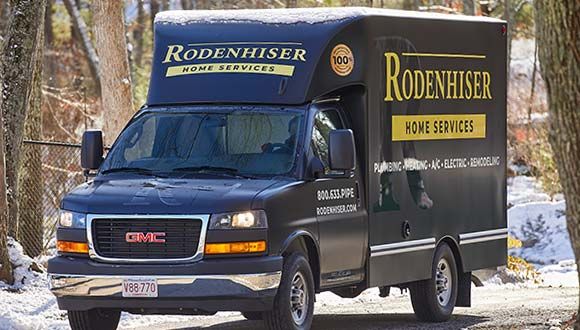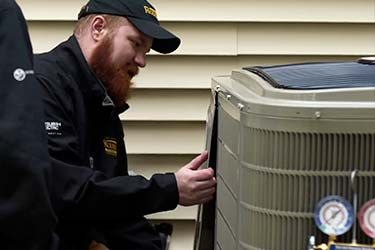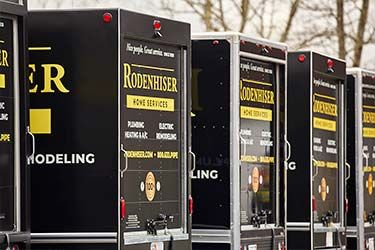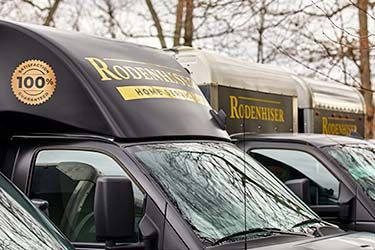

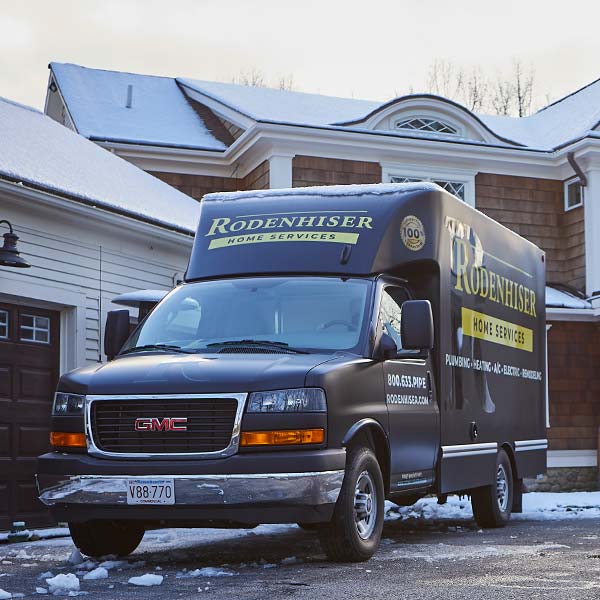

The tax credits available for ground source heat pump systems or geothermal systems (as they are often called) are still available. Actually the tax credits now have no cap. Earlier, when the Stimulus Bill was initially passed, there was a cap on ground source systems. Now, 30 percent of the entire cost of both equipment and installation is eligible for the tax credit. You should consult with your tax advisor for details and eligibility.
Ground source heat pumps work much in the same manner as the above-ground heat pumps do. The difference is that when outside air temperature is 10 degrees, the below ground temperature is between 50 to 55 degrees. The actual temperature is relative to the latitude above the equator. So, when extracting heat from air at 10 degrees, a heat pump works harder and requires more energy. Extracting heat from the earth at more than 55 degrees consumes far less energy.
Since the temperature is constant at a certain point below ground, the ground source heat pump works less and requires less energy in both winter for heat and summer for cooling.
If the instalation costs are $30,000.00 with a 30 percent rebate, the homeowner will get a $10,000.00 credit. The incentives are great. The tax credit combined with lower energy bills year after year makes geothermal heating and cooling a very tempting deal.
Estimates from the EPA demonstrate that energy consumption is 30 to 40 percent less by using a ground source heat pump as opposed to the above-ground heat pump.
Lower energy bills over the years combined with the generous tax credit are definitely worth consideration for many. Those building new homes are especially looking in to the benefits of geothermal home comfort. The systems are estimated to last for 25 years or more for all above ground components, 50 years for the loop system below ground.
Information about these systems is available from Rodenhiser. Their expert staff can answer any questions about ground source heating and cooling.
Our goal is to help educate our customers about energy and home comfort issues (specific to HVAC systems). For more information about ground source heat pumps and other HVAC topics, download our free Home Comfort Solutions Guide.
Rodenhiser Plumbing, Heating and Air Conditioning serves the Route 495/128 area of Massachusetts. To get started, check out our website or see our current promotions.





Both Alex and Patrick were knowledgeable, courteous, and professional. They made a change that might have solved the recent problem and have structured a more complete solution. We agreed to this...
Mike was thorough, thoughtful and considerate. Covered their shoes before entering, surveyed my issue and provided an explanation of the services and costs. Great Job!
Alex did a great job providing an explanation of the services provided and went out of his way to offer assistance/advice on other issues outside of our scheduled maintenance visit.
Brian did an excellent job inspecting our 18-year old boiler and replacing some of the accessory hardware that needed it, he also adjusted the outgoing hot water settings for our radiators and...
Rodenhiser is my one stop shop!!! They take care of my HVAC, electrical, and plumbing issues & are always helpful addressing any questions I may have about the systems in my house! Everyone...
Chris G. and Nick V. showed up bright and early at 8am to fix my water heater issue. They were on time, polite and were able to fix an issue that has been plaguing my house for a good year. They...
When you are looking for plumbing, electrical, heating or air conditioning in the Route 495 / 128 area, you will be delighted that you called Massachusetts' trusted choice since 1928.
With a total dedication to professional workmanship and excellent service, discover why families and businesses continue to trust Rodenhiser after generations of service
